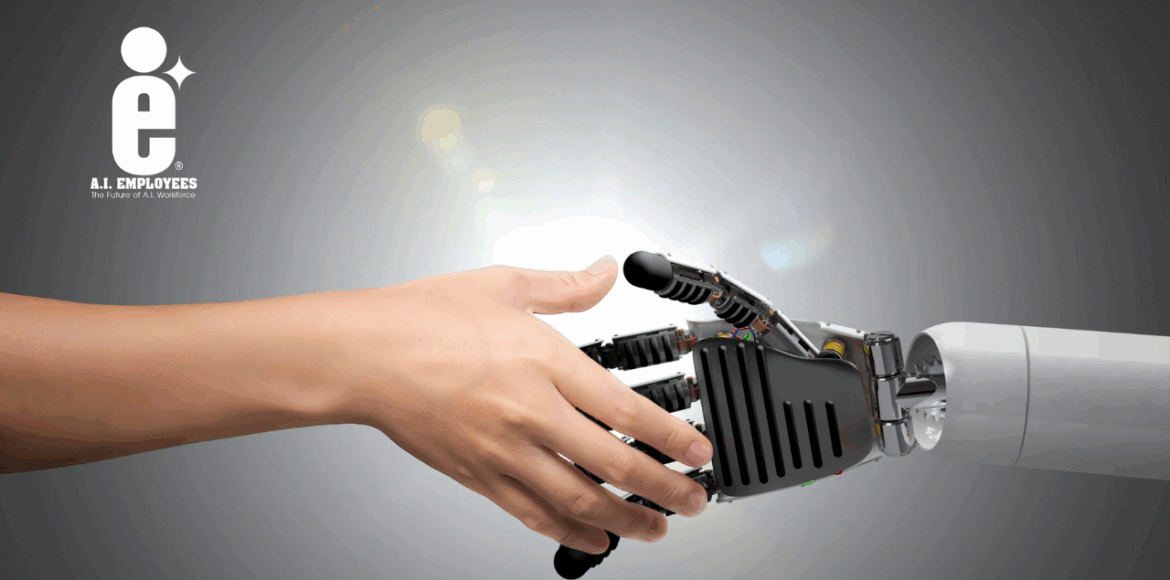AI Mimics Human Personalities After a 2-Hour Chat: A Breakthrough in Generative Agent Simulations

Top researchers from Stanford University and Google’s DeepMind have achieved an incredible milestone in artificial intelligence. They have developed an AI that can copy human personalities after just a two-hour conversation. This breakthrough, known as Generative Agent Simulations, allows AI to closely imitate how people think, act, and make decisions — with an impressive accuracy of about 85%.
What is Generative Agent Simulation?
Generative Agent Simulation is a new AI technology that builds a digital version of a person based on their responses during a short chat. The process requires around 6,491 words exchanged between the AI and the human. After this interaction, the AI can generate a virtual persona that mimics the individual’s personality traits and habits.
Imagine sitting down for a quick conversation, and soon after, there’s a digital “you” capable of thinking and responding almost like your real self. This innovation could change how we approach personal interactions with machines forever.
The Study: How AI Learned to Mirror People
More than 1,000 people participated in the study. The experiment began with participants reading aloud a passage from The Great Gatsby to the AI. This warm-up helped the AI understand voice patterns and style.
Subsequently, the AI’s virtual character asked detailed questions about each person’s life — including their work, family, beliefs, and personal preferences. Using these answers, the AI constructed digital copies of their personalities that were remarkably close to the originals.
Testing the AI Doubles: Accuracy and Decision-Making
To test these AI-generated personalities, researchers gave both the real people and their digital counterparts personality quizzes. The results were stunning — the AI matched human answers about 85% of the time!
Further testing involved social decision-making games like the Prisoner’s Dilemma and the Dictator Game. Here, the AI made choices similar to those of the humans it mirrored, correctly predicting decisions about 60% of the time — far better than random guessing.
Potential Uses of This Technology
The applications of this technology are wide-ranging and exciting:
- Sociology & Psychology: Researchers can observe human behavior in controlled virtual environments without needing physical participants.
- Business: Companies could predict customer reactions to new products or policy changes quickly and cheaply.
- Personalization: Imagine AI that learns from your social media updates, shopping habits, or entertainment preferences to offer highly personalized suggestions.
To learn more about how AI is transforming understanding of human behavior, visit AI Mimics Human Traits.
Ethical Concerns: Risks of Personality Mimicking AI
While this technology has enormous potential for good, it raises serious ethical questions:
- Could someone use this AI to impersonate others or commit fraud?
- What are the privacy implications when AI learns so much from just a short interaction?
- How can society ensure this technology is used responsibly?
Experts urge careful regulation and transparency to prevent misuse.
For insights on responsible AI development, check out AI Ethics and Safety.
Conclusion: The Future of AI and Human Interaction
The ability of AI to replicate human personalities after just two hours of conversation marks a significant step forward in artificial intelligence research. With accuracy rates hitting 85%, this technology promises revolutionary changes across research, business, and personal life.
However, balancing innovation with ethical responsibility will be key to harnessing its full potential safely.
Discover more about cutting-edge AI innovations at Generative AI Research.

